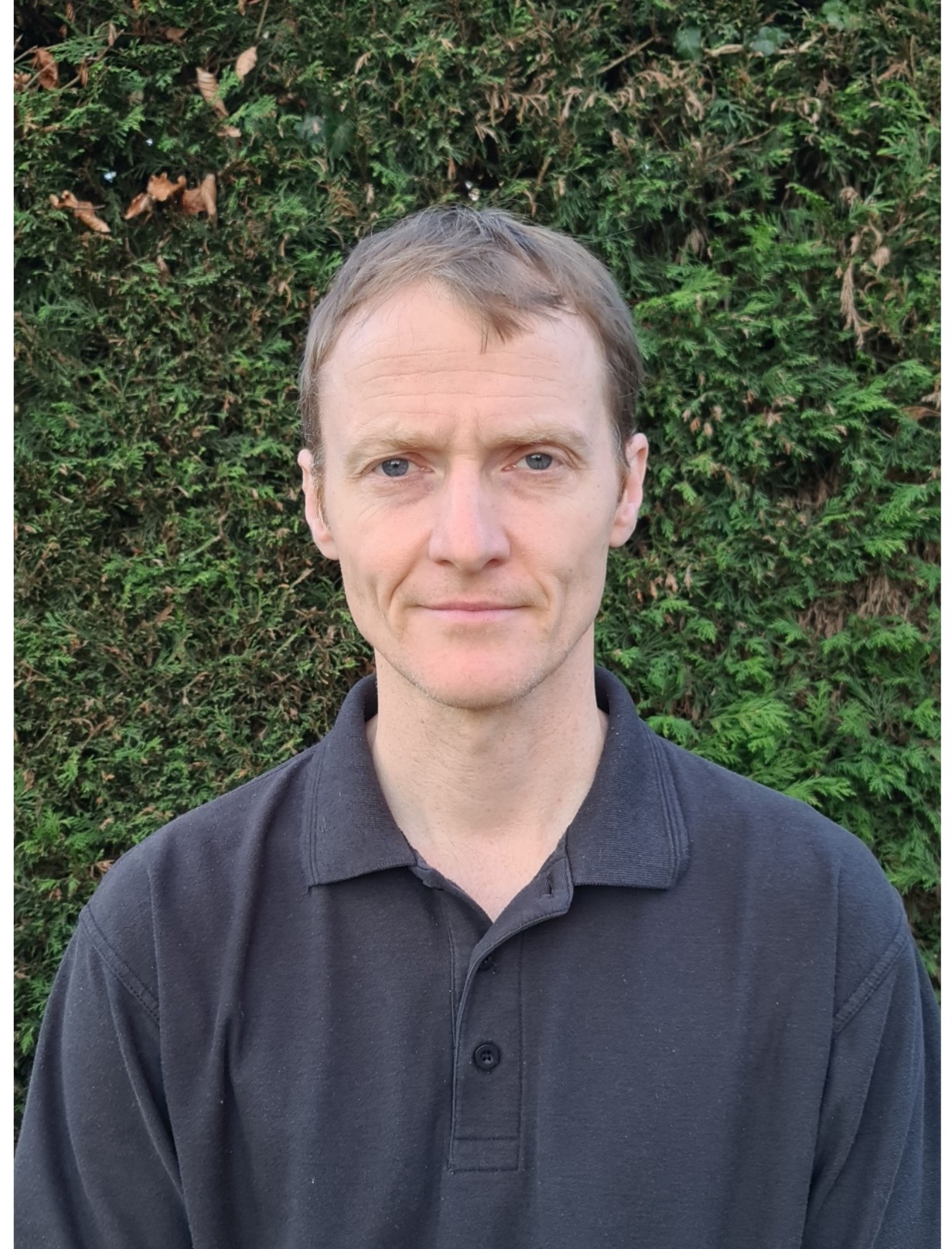Meet the shortlist: Nick Barker

Meet the shortlist: Nick Barker
University 2 – A Way for Universities to Widen Access
I taught in state comprehensive schools for twelve years. In 2008, I was fortunate to be awarded a Royal Society of Chemistry School Teacher Fellowship. This enabled me to start work at the University of Warwick and where I created a schools’ outreach programme.
For the next ten years, I worked on schools’ outreach activities in and from the Department of Chemistry. Over that time, the total engagement with school pupils exceeded 80,000 young people, aged 7 – 18, from all sorts of backgrounds. In 2018, I was given permission to leave the University Campus. Since then, whilst still working for Warwick, I have been based in a primary school, serving an area of severe social deprivation, from which I continue schools’ outreach work.
I am based in a community from which, historically, people have not progressed to university or in education beyond what is mandatory. I am trying to find out if this can be changed by a period of prolonged, repeated engagement with both primary and secondary school communities in the area. I also coordinate a National Scientific Thinking Challenge which sees a group of us from various universities trying to encourage year 10 students whilst demonstrating that there is great talent to be found everywhere.
The most rewarding and enjoyable part of my job is the time spent working directly with young people and with other adults who also want to help them. Coming to terms with the scale and the extent of the problems faced by those young people is by far the most challenging part of my work.
I didn’t really choose it; it was more the case that I was grateful for this opportunity to share my thoughts with other people. I was trying to imagine a partial answer to a complex problem: how do we increase the diversity (and thus creativity and productivity) in our universities and in the professions they support?
That I could preserve the dignity of the children I work with every day. To ensure that a reader of my essay knows how much I respect and believe in them. It is a privilege to do what I do. I wanted to communicate just how good the children I work with are and how much talent they have, which is locked away, trapped by circumstances beyond their control.
That in the poorest, most socially challenging areas of the country, there will be many talented, kind and clever children. Through education they can find a way to make the world better for all of us as well as for themselves and for their future families. But, to do that, they are going to need our support and for us to find new, creative ways to make entry to higher education as meritocratic as possible.
